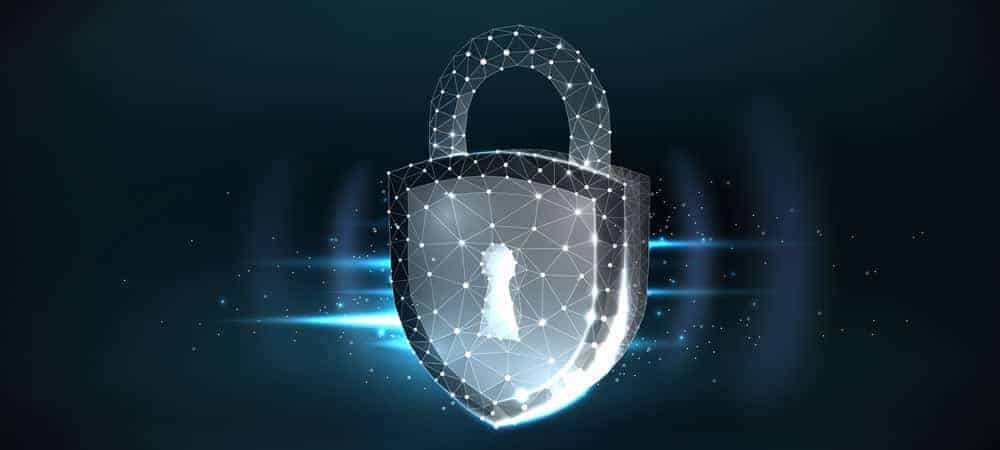These are the IT security trends 2019


For security expert and Eco board member Norbert Pohlmann, cyber security issues in connection with artificial intelligence are the dominant trend topic in 2019.
"Cybersecurity systems that take artificial intelligence (AI) into account will help to detect intelligent hackers and their attacks much better in the future. This minimizes risks in the desired digitalization process"
says Pohlmann. With the help of artificial intelligence, the detection rate of attacks in the network and in IT end devices such as smartphones, notebooks, servers or the Internet of Things could be significantly increased.

The majority of corporate decision-makers in Germany take a similar view.
"AI and machine learning can support those responsible for cyber security in routine tasks, such as correctly assessing security alerts"
Around 72% of the 541 corporate decision-makers surveyed by the market and opinion research institute YouGov on behalf of Eco at the end of 2018 agree with this statement.
65% of respondents said that AI methods should already be used today to defend against cyber attacks. 59 percent even think that in a few years' time, AI systems will take over the defense against cyber attacks largely autonomously.
Cyber criminals increasingly relying on AI in 2019
Oliver Dehning, Head of the Security Competence Group at the Eco Association, agrees, as cyber criminals are also arming themselves with artificial intelligence.
"AI methods are increasingly being used by attackers today - for this reason alone, we have to deal with them"
says Dehning and at the same time puts the expectations of the company decision-makers surveyed into perspective.

"AI currently appears to many to be a miracle weapon - but it is not yet clear whether AI will fully meet the high expectations this year."
Dehning names security for the Internet of Things (IoT) as another IT security trend for 2019.
"IoT devices are increasingly becoming the target of attacks - often not even to attack the device itself or its function, but to use the device as part of a botnet for massive attacks on other infrastructures"
says Dehning.






